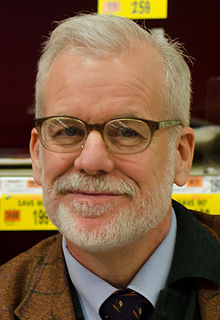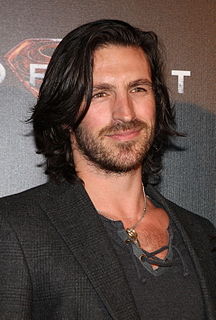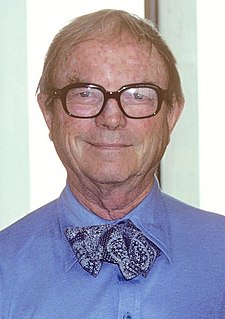A Quote by Bruce Feiler
My name is Bruce Feiler, and I'm an explainaholic. I first heard this word used to describe Isaac Asimov, and I knew instantly that I suffered from the same condition. It's the incurable desire to tell, shape, share, occasionally exaggerate, often elongate, and inevitably bungle a good story.
Related Quotes
The language of the culture also reflects the stories of the culture. One word or simple phrasal labels often describe the story adequately enough in what we have termed culturally common stories. To some extent, the stories of a culture are observable by inspecting the vocabulary of that culture. Often entire stories are embodied in one very culture-specific word. The story words unique to a culture reveal cultural differences.
If you buy a lottery ticket, you really don't expect to win. However, if you do win, it's a different story. The same is true about getting an Oscar. Of course I knew I was nominated, but I never expected my name to be called. When it was, I'm still at a loss to describe the feelings that I experienced.
I often use detective elements in my books. I love detective novels. But I also think science fiction and detective stories are very close and friendly genres, which shows in the books by Isaac Asimov, John Brunner, and Glen Cook. However, whilst even a tiny drop of science fiction may harm a detective story, a little detective element benefits science fiction. Such a strange puzzle.





































